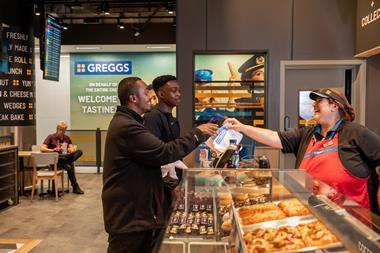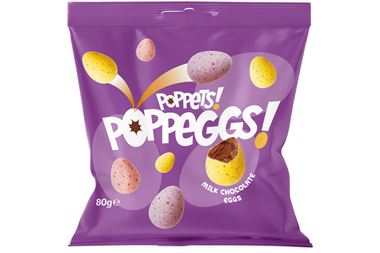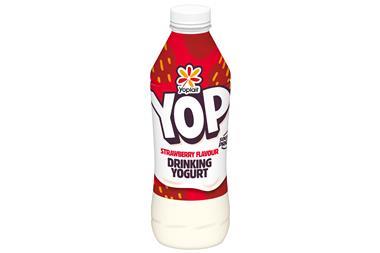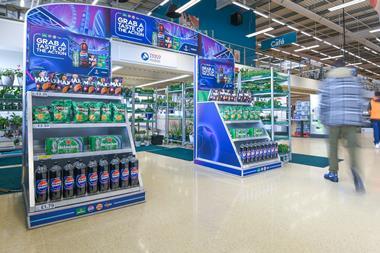
Our industry faces major challenges halfway through 2022. A sharp rise in the cost of living, impending recession, sluggish consumer demand, supply chain and labour challenges. The combination can feel overwhelming, and people feel anxious. Wasn’t it supposed to get easier?
How can companies and leaders respond? What can they do to steer a way through the gloom?
First, face the reality. Take a clear-eyed view of where your brand, category or retailer sits. A common mistake is to focus too much on the year-on-year picture. The lockdown effects were so big for so long, that in many categories, it is more useful to look at the most recent period vs its equivalent before Covid even started. Right now, that means the last three months vs the same months in 2019 (yes – three years ago). We are all wired to look versus last year, but that often confuses.
Second, keep perspective. Many products and brands sold in supermarkets feel like essentials to many shoppers. As a result, our industry is well placed in this economic climate, compared to most other industries. People have to eat. People need to keep themselves and their homes clean and well presented. And most decisions in the supermarket are ingrained. Quite rightly, the industry looks at the aggregates and sees trends. A trend from brand to own label, or a trend to cheaper products and stores. But in doing this we can miss another important truth: most shoppers in most categories will stay loyal to the products, brands and retailers they trust and habitually use.
Third, seek growth opportunities. Competitors will be feeling the same, and sometimes worse, pressures and challenges. Retailers are seeking surety of supply, will offer volume for the right price, and still need to differentiate. There are opportunities to steal from other industries as consumers stay at home and watch their income. ‘Big night in’ promotions and weekend meal deals (most famously M&S Dine In) are an obvious example.
Finance directors look away, but this may be a cheap time to invest in marketing and a good time to get innovation away. If there is less money spent on marketing in our and other industries, then the cost of marketing must drop, and the ability to build share of voice and standout will grow. If less companies are properly supporting innovation, then those who do support it will have a clearer run at it. Companies who can afford to hold their nerve and invest, may find the field much clearer.
So how to respond to the challenging situation? Face the reality, keep perspective and seek growth opportunities. There will be winners as well as losers when we look back on this pivotal period.



















No comments yet